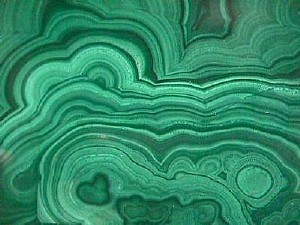Mjölnir
Autumn 2014 – Autumn 2015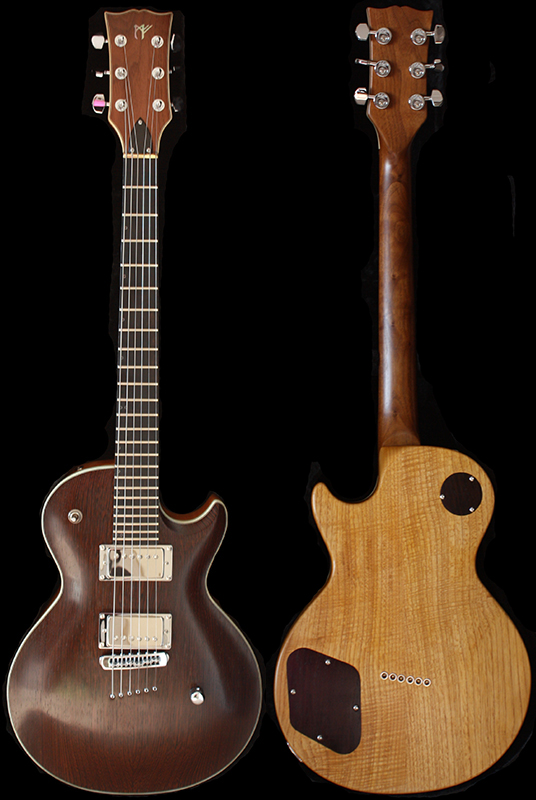
SOLD
Model Name: Mjölnir
Color: Clear Shellac
Body Shape: Single-cut Carved Top
Body Material: English Chestnut
Body Cap: Carved Wenge
Body Finish: Satin Shellac
Body Binding: Cream-Black-Cream
Strap Buttons: Chrome Dunlop Flush Fitting Straplok
Neck Type: Set Neck with All Access Joint
Neck Material: 1-Piece Walnut (scarf joint)
Headstock Style: Classic 3×3
Neck Shape: Uber-Wizard “C”
Neck Scale Length: 24.75”
Neck Binding: N/A
Headstock Binding: Cream-Black-Cream
Nut: Brass
Nut Width: 41 mm
Fingerboard: Ebony
Fingerboard Radius: Compound 12″-14″
Number of Frets: 24
Fret Size: Jumbo
Fingerboard Inlays: 3mm Steel Rings
Fingerboard Side Inlays: 2mm Black Dots
Neck Pickup: Bare Knuckle Miracle Man
Bridge Pickup: Bare Knuckle Miracle Man
Controls: Master volume
Pickup Switching: Classic 3-way Toggle
Hardware Finish: Chrome
Bridge: Schaller STM
Tuning Machines: Schaller Da Vinci
Pickguard: N/A
Control Knobs: Knurled Brass Chrome Finish
Switch Tips: Chrome
Unique Features:
- Black Tahiti Pearl ‘Matt Guest’ Runic Headstock Inlay
- Owen Jackson hand-made neck
- Crimson Guitars hand-made body
- Staggered ferrule, string-though carved-top body
Mjölnir was a project to achieve a guitar that would require no additional adornment other than it’s own figured tone wood. Imparting the spirit of a mythical hammer, I chose a almost entirely chromed finish of hardware to give a feel of steel. I wanted to create a soulful carved-top guitar with maximum tone and sustain; so a string-through body design was an obvious choice.
Originally planned as a homage to one of my favourite classic Metal bands, Manowar, this project was born as I listened to ‘Thor (The Powerhead’ at work. Thor’s hammer Mjölnir was an obvious symbol to base such a guitar on. Initially I had designs to inlay the Sign of the Hammer symbol across the fretboard in Mother of Pearl. However after offering up the designs to the fretboard, there was no acceptable area to apply the inlay without obscuring the image too much or damaging the aesthetics of balance. Inlaying the design on the body itself would have taken too much away from the beautifully figured Wenge top.
Therefore the fretboard was left totally blank. Visually this is beautiful for such a quality piece of Ebony, but this needed to be a work-horse of a guitar. Personal preference is paramount, and in my opinion some indication is required around the higher register of the neck. I decided to add steel-ring inlays, offset to the low E-string so that they were easily visible to the player, but as they are aligned closely with the ‘E’ and ‘A’ strings and are not full dots, to the bystander they are almost imperceptible.
The neck is a one-piece English Walnut, commissioned by Owen Jackson. This was one of two necks I sourced for the Thorn Project, so this has a very petite 41mm nut and Wizard profile. The guys at Crimson Guitars expertly took this bolt-on style neck and adapted it for a set-neck construction in Mjölnir. The neck-joint is a very comfortable all-access type, allowing fretting up around the second octave very natural.
I have yet to find superior pickups available in comparison to Bare Knuckle‘s. This time I chose a Miracle Man humbucker set, aiming for a slightly more trebly tone for achieving the ferocity of pinched harmonics. As will be apparent from my existing portfolio, I am not a fan of tone pots. I believe you can achieve all the tonal variations from the placement of the available pickups and choice of amplifier without masking the pure sound of the guitar/pickup combination. I opted for a single master volume pot in this case to limit the number of controls that would hide the beautiful Wenge grain.

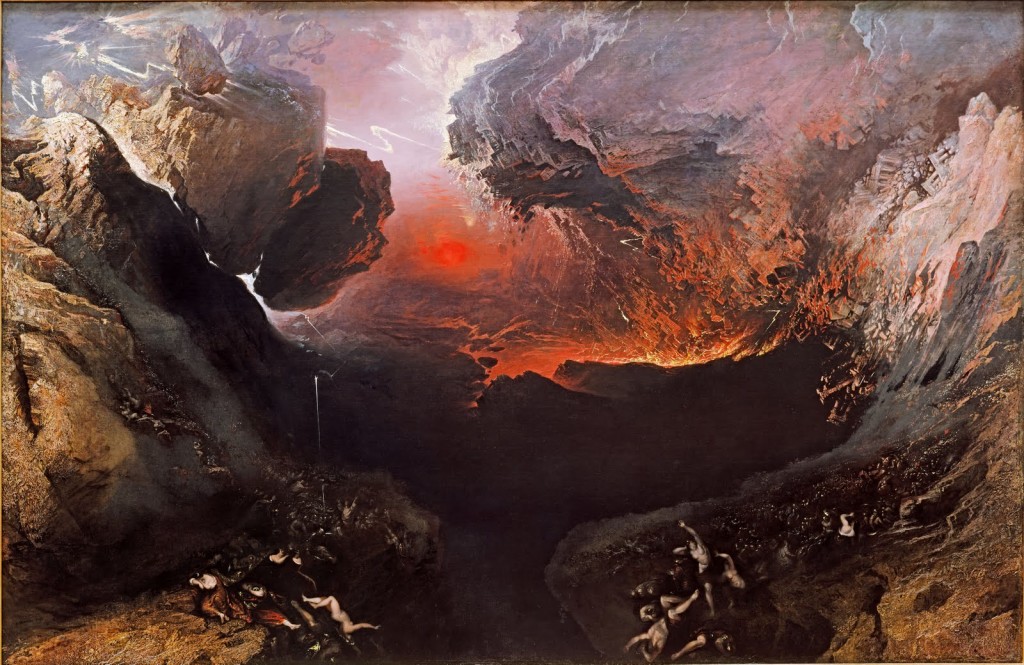
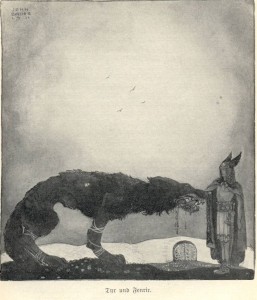
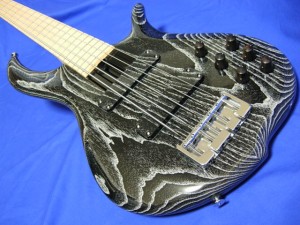
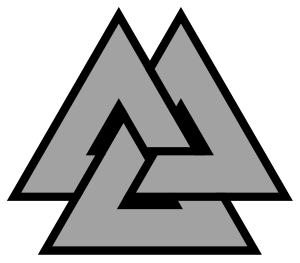
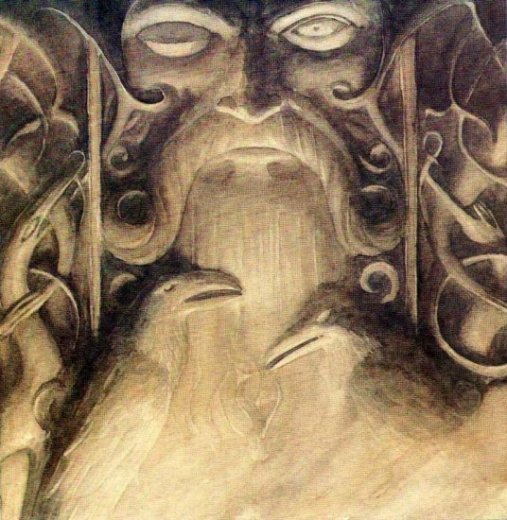
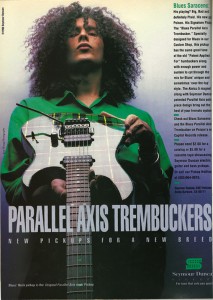
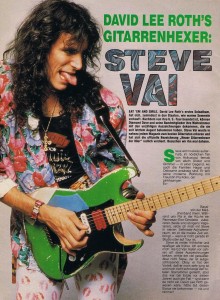 affectionately known as the Green Meanie. This was actually a Charvel manufactured guitar, so Ibanez would not be able to build an official replica tribute of this without stepping on someone’s toes. Vai had used this during his stint with Alcatrazz (it was a sunburst finish then before the ‘Loch-ness Green’ application) and more famously with David Lee Roth where he had carved out the lower horn to allow higher access to the fret-board (visible in the image on the left). As all the Jem guitars were built on the specifications of the Green meanie, it is a pretty iconic model.
affectionately known as the Green Meanie. This was actually a Charvel manufactured guitar, so Ibanez would not be able to build an official replica tribute of this without stepping on someone’s toes. Vai had used this during his stint with Alcatrazz (it was a sunburst finish then before the ‘Loch-ness Green’ application) and more famously with David Lee Roth where he had carved out the lower horn to allow higher access to the fret-board (visible in the image on the left). As all the Jem guitars were built on the specifications of the Green meanie, it is a pretty iconic model.
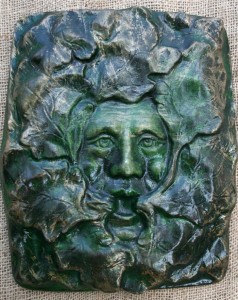 e project in keeping with my
e project in keeping with my 